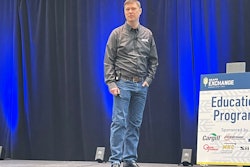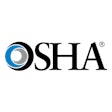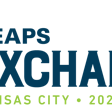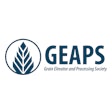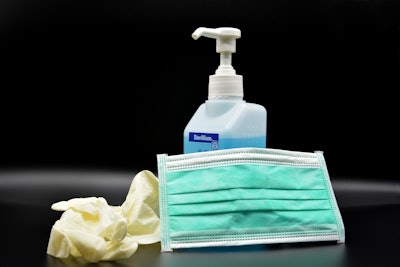
Though infection rates have declined, and many restrictions have been lifted, the challenges of COVID-19 are far from over for the U.S. grain industry. Despite the U.S. Supreme Court deciding the Occupational Safety & Health Administration (OSHA) does not have the authority to regulate vaccination mandates and other measures through the emergency temporary standard (ETS), the agency still intends to call on employers to conduct risk assessments for COVID transmission.
“The emergency temporary standard is no longer an issue, but OSHA’s formal rulemaking is still an issue. OSHA is working on updating the guidance document, which means enforcement,” said Jess McCluer, National Grain and Feed Association (NGFA) vice president of safety and regulatory affairs, at the 2022 GEAPS Exchange.
OSHA’s COVID-19 National Emphasis Program (NEP) remains in effect, allowing it to “do everything in its existing authority to hold businesses accountable for protecting workers.”
If OSHA receives an employee complaint or if employees become ill, proper recordkeeping will be vital to provide to inspectors who will want to know how the outbreak occurred and what the company did to mitigate the COVID-19 risk.
“It doesn't look like they're going to be relaxing the COVID-19 recordkeeping and will still expect a case-by-case analysis,” McCluer said.
In addition, should an inspector come to your facility for another issue and notice COVID mitigation efforts are not in place, an OSHA citation can be issued under the General Duty Clause (GDC).
“If OSHA arrived at your facility — what if they came because of an employee complaint or an incident that occurred — and they see a bunch of employees gathered together with no masks or if they weren't able to see hand sanitizer? They could say 'due to our National Emphasis Program, we can issue a citation because you're not taking the appropriate steps to mitigate the COVID-19 hazards,'” McCluer explains.
Enforcement in action
According to the COVID-19 enforcement data McCluer presented at the exhibition, from February 2020 through January 2022, OSHA received 19,279 federal complaints and referrals, and opened 3,359 inspections. Twenty-five GDC citations were issued to companies for not following the CDC guidance.
McCluer offered one example of a COVID-related OSHA citation: In one month, a Midwestern manufacturing facility experienced a COVID-19 outbreak that resulted in 88 COVID-positive employees and one death. A citation was issued stating the employer failed to take immediate effective steps to identify, inform and remove all potentially infected employees.
The suggested abatement measures included: “the periodic review the COVID-19 disease rates, reevaluation of existing COVID-19 company procedures, implement contact tracing, screen employers for COVID-19 symptoms, follow the CDC guidelines and force physical distancing facility employees getting vaccinated.”
The company also received a $13,600 penalty.
Develop a COVID mitigation plan
What can your grain operation do to avoid OSHA calling your prevention efforts into question? Develop a COVID-19 mitigation plan.
“A COVID mitigation plan is something you should have on file at each of your facilities in case OSHA conducts an inspection,” McCluer says. “NGFA is not telling you, you are required to do so, but we are strongly suggesting you have your COVID-19 prevention and control plan in place.”
Similar to the standard safety and health management plan binders that would typically be presented during an inspection, if anything were to occur, the manager can pull out the COVID mitigation plan to address the inspector’s questions.
McCluer reminded the audience that this enforcement is at the federal level so to think beyond state-level COVID-19 enforcement policies.
“We all think COVID-19 is behind us, but this is still enforceable and it's still something that this administration is enforcing,” he says.
For more information about COVID mitigation strategies in grain and feed facilities, check out NGFA’s COVID Safety Tips.



